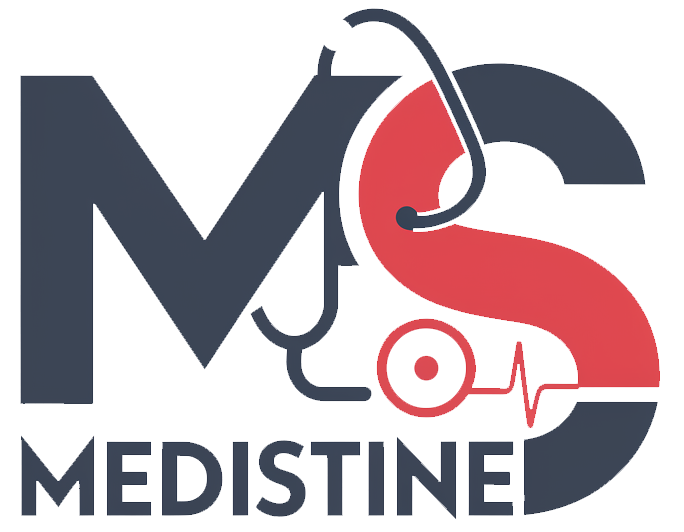In the ever-evolving landscape of healthcare, the concept of seeking a medical second opinion has emerged as a crucial tool in ensuring optimal patient care and outcomes. This practice goes beyond merely confirming diagnoses or exploring treatment options; it fosters a culture of collaboration among healthcare providers, promotes informed decision-making, and ultimately empowers patients to take control of their health journey. Let’s delve into the reasons why medical second opinions are instrumental in enhancing patient care.
Comprehensive Evaluation during Medical Second Opinions:
Medical conditions can be multifaceted, requiring a holistic and comprehensive evaluation. A second opinion involves consulting with another experienced healthcare professional who may bring a fresh perspective, specialized expertise, or access to advanced diagnostic tools. This collaborative approach ensures that all aspects of a patient’s health status are thoroughly assessed, leading to more accurate diagnoses and tailored treatment plans.
Multi-Disciplinary Insights:
Many medical conditions benefit from a multi-disciplinary approach involving specialists from different fields such as oncology, cardiology, neurology, and more. Seeking a second opinion allows patients to tap into this wealth of knowledge and expertise, especially in complex cases or rare diseases where multiple perspectives are invaluable in formulating an effective care strategy.
Evidence-Based Medicine:
In an era where evidence-based medicine is paramount, medical second opinions contribute significantly to ensuring that treatment decisions are rooted in the latest scientific research, clinical guidelines, and best practices. This evidence-based approach enhances the quality and safety of patient care, minimizing the risk of unnecessary interventions or potential harm.
Patient Education and Empowerment via Medical Second Opinions:
Consulting multiple healthcare providers for a second opinion not only provides patients with additional information and insights but also promotes education and empowerment. Patients gain a deeper understanding of their medical condition, available treatment options, potential risks, and benefits, enabling them to make informed decisions aligned with their values, goals, and preferences.
Quality Assurance and Risk Management:
From a healthcare system perspective, encouraging medical second opinions plays a vital role in quality assurance and risk management. It supports a culture of accountability, peer review, and continuous improvement, reducing the likelihood of diagnostic errors, treatment complications, or adverse outcomes.
Building Trust and Confidence:
The process of seeking a second opinion demonstrates a commitment to transparency, trust, and collaboration between patients and healthcare providers. It fosters stronger doctor-patient relationships based on open communication, shared decision-making, and mutual respect, leading to higher levels of patient satisfaction and confidence in the healthcare system.
Global Access to Expertise via Medical Second Opinions:
With advancements in telemedicine and digital health technologies, patients now have easier access to renowned experts and medical institutions worldwide. This global network of expertise allows patients to receive second opinions from leading professionals regardless of geographic location, ensuring access to the best possible care regardless of boundaries.
In conclusion, medical second opinions serve as a cornerstone of modern healthcare by harnessing the power of collaboration, evidence-based practice, patient education, and quality improvement. By embracing this practice, healthcare systems can enhance patient outcomes, promote cost-effective care, and ultimately contribute to a healthier society built on trust, knowledge, and innovation.



